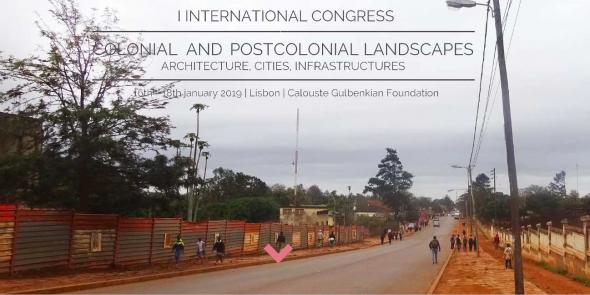colononial
Posts com a etiqueta colononial
Arquivo
Autor
- administrador
- adrianabarbosa
- Alícia Gaspar
- arimildesoares
- camillediard
- candela
- catarinasanto
- claudiar
- cristinasalvador
- franciscabagulho
- guilhermecartaxo
- herminiobovino
- joanapereira
- joanapires
- keitamayanda
- luisestevao
- mariadias
- marialuz
- mariana
- marianapinho
- mariapicarra
- mariaprata
- martacacador
- martalanca
- martamestre
- nadinesiegert
- Nélida Brito
- NilzangelaSouza
- otavioraposo
- raul f. curvelo
- ritadamasio
- samirapereira
- Victor Hugo Lopes
Data
- Fevereiro 2026
- Janeiro 2026
- Dezembro 2025
- Novembro 2025
- Outubro 2025
- Setembro 2025
- Agosto 2025
- Julho 2025
- Junho 2025
- Maio 2025
- Abril 2025
- Março 2025
Etiquetas
- african cities
- African film festival
- Alexandre Diaphra
- chicha
- cidadania
- conferênciam música
- Congo
- estendais
- festival cumplicidades
- Filip De Boeck
- império colonial português
- José de Sousa Miguel Lopes
- le monde
- Lenços Pretos
- livro infantil
- mulheres do vale
- música angolana
- Padrão dos Descobrimentos
- Prémio CES
- vasco Araújo
Mais lidos
- Memory Activism Across the Lusophone World: (Im)Possibilities of Decolonial Practice (Special Issue - Portuguese Studies Review)
- Ateliê Mutamba, Luanda
- "Úlcera, Útero", de Brassalano Graça
- METEORIZAÇÕES, Filipa César et al
- Palestras na Nova FCSH
- ESTREIA DE OURO NEGRO
- "Colonialismo vs. Descolonização", de Maria Clara Anacleto e Raquel Ascensão
- Set-up: Podcast sobre dança contemporânea portuguesa anuncia terceira temporada
- A língua portuguesa em Angola
- Nós Estamos Contigo na Casa

